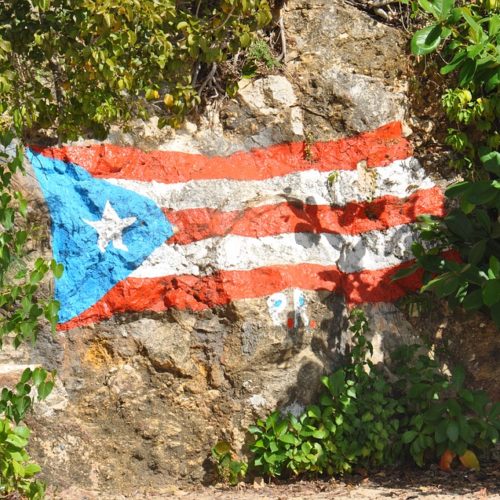rebel Financial is a Registered Investment Advisor that provides retirement planning, estate planning, financial planning, and investment management services to individual and institutional clients. To get a more detailed description of the company, its management, and practices, view our (form ADV, Part2A) and Disclosures.
Fiduciary & Fee-Only Financial Advisors and Planners

 You’ve probably read about the troubled finances of Puerto Rico, the U.S. territory in the Caribbean that has issued more than $70 billion in municipal bonds, with no visible way to pay out the interest, much less the principal. Now Puerto Rican have overwhelmingly voted that they want their island territory to become the 51st U.S. state.
You’ve probably read about the troubled finances of Puerto Rico, the U.S. territory in the Caribbean that has issued more than $70 billion in municipal bonds, with no visible way to pay out the interest, much less the principal. Now Puerto Rican have overwhelmingly voted that they want their island territory to become the 51st U.S. state.





